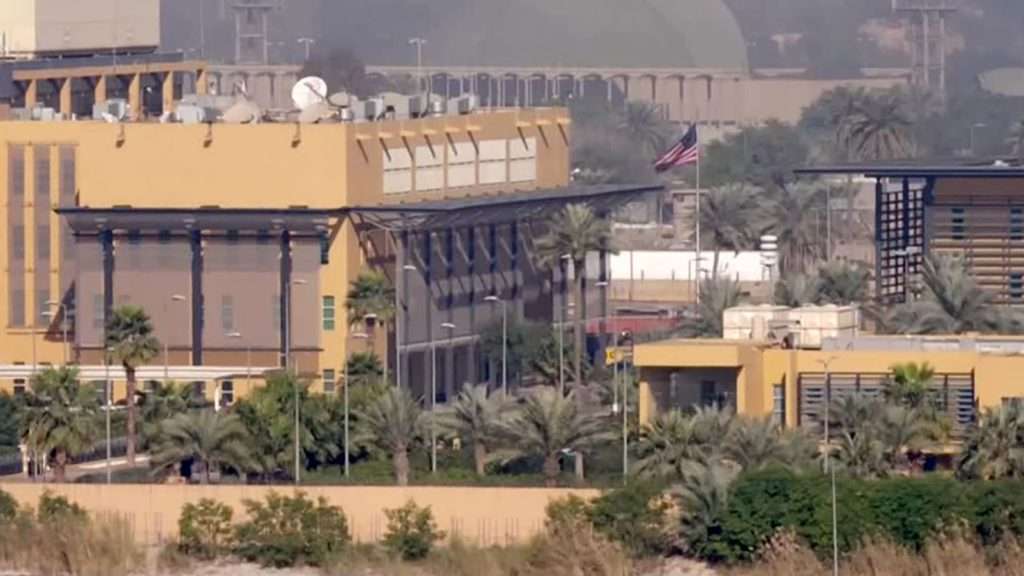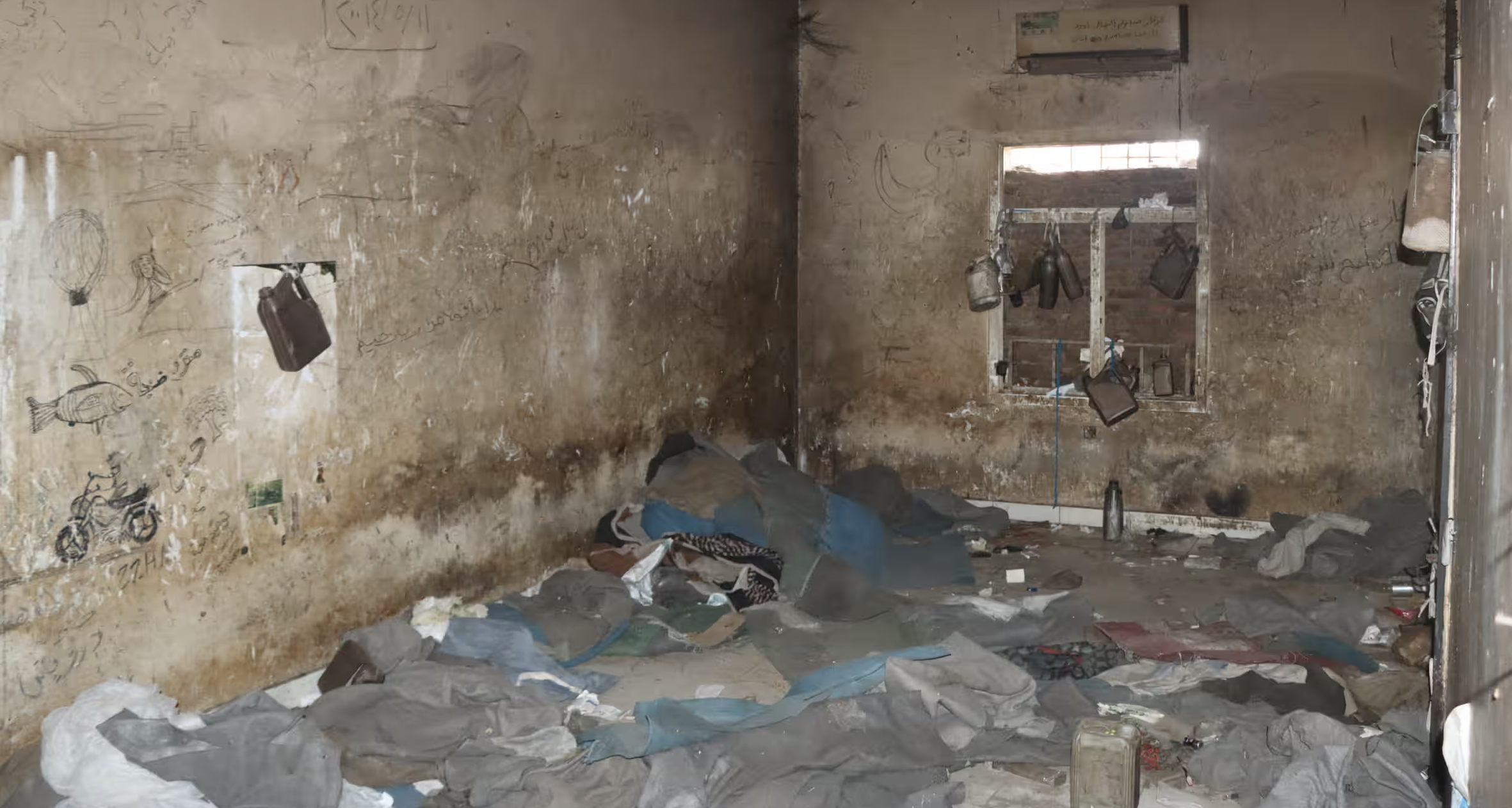Iran tensions prompt US to cut embassy presence in Iraq

The United States is evacuating non-essential embassy personnel and their families from Baghdad, according to US government sources cited by the BBC on June 12th.
Officials did not confirm the exact reason for the decision. But US officials said part of the evacuation is based on the assessment that Iran could retaliate against US interests in Iraq.
The US State Department stated: “We are constantly assessing the appropriate personnel posture at all our embassies. Based on our latest analysis, we decided to reduce the footprint of our mission in Iraq.”
The department also announced restrictions on the movement of US government staff within Israel, limiting travel to Tel Aviv, Jerusalem, and Be’er Sheva, citing “increased regional tensions.”
President Donald Trump said Americans had been advised to leave the region “because it could be a dangerous place, and we’ll see what happens.” He added that the US will not allow Iran to create a nuclear weapon.
Trump held a “tense” 40-minute call with Israeli Prime Minister Benjamin Netanyahu earlier this week. Netanyahu has previously advocated for a military response rather than a diplomatic response to Iran’s nuclear activities.
Talks over Iran’s nuclear program have stalled. US Middle East envoy Steve Witkoff is scheduled to meet Iranian Foreign Minister Abbas Araghchi in Muscat on June 15th, according to Axios.
The meeting follows a report by the International Atomic Energy Agency (IAEA), which criticised Iran for “less than satisfactory” cooperation, particularly regarding nuclear material found at undeclared sites. Iran called the report unbalanced and claimed it was based on “forged documents” from Israel.
Iranian Defense Minister Aziz Nasirzadeh said Iran would retaliate against US military bases if negotiations fall through and the US launches military strikes on the Middle Eastern nation.
US Defense Secretary Pete Hegseth okayed the voluntary exit of families of US military staff in several Middle Eastern countries, such as Kuwait and Bahrain, Reuters reported.
Hegseth told a congressional panel that there were a lot of signs Iran was “moving their way towards something that would look a lot like a nuclear weapon.” Iran has maintained that its uranium enrichment programme is intended for civilian use and that it is not developing a nuclear weapon.
The UK’s Maritime Trade Operations agency, part of the Royal Navy, issued a warning that rising tensions in the Middle East could hinder shipping activity.
BBC, Reuters, Axios
Want to chase the pulse of North Africa?
Subscribe to receive our FREE weekly PDF magazine











